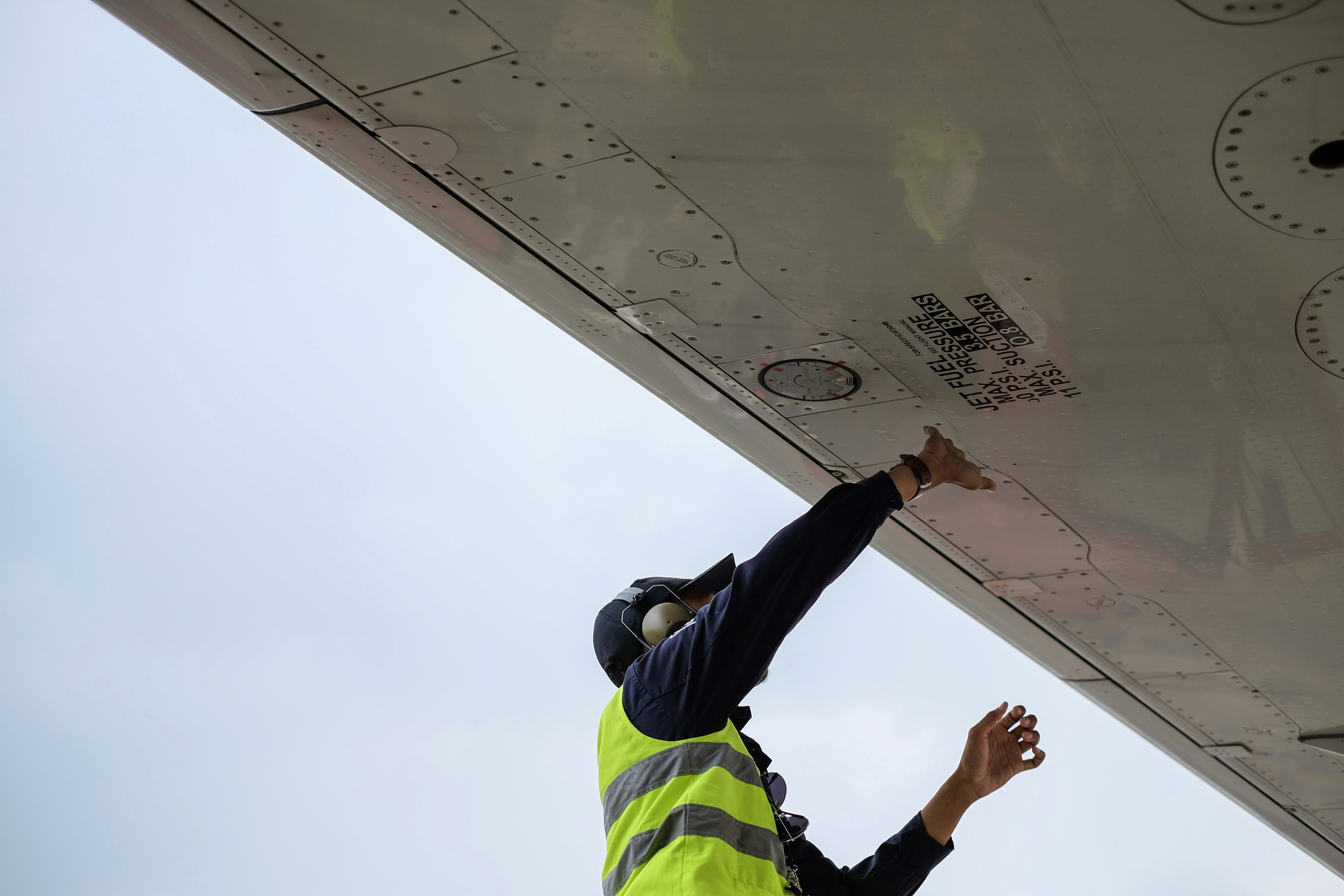Innovative Approaches to Service and Care for Quality Scientific Instruments
April 27, 2025 | by sundar1993k@gmail.com
 Photo by Miguel Ángel Padriñán Alba on Unsplash
Photo by Miguel Ángel Padriñán Alba on Unsplash Understanding the Importance of Equipment Maintenance
Regular maintenance of quality scientific instruments is crucial for ensuring operational efficiency and accuracy in results. Maintenance plays a significant role in extending the lifespan of equipment, which, in turn, supports consistent performance within laboratories and research facilities. The process typically involves routine checks, calibration, and servicing practices that are essential for identifying potential issues before they escalate into severe failures.
One of the primary factors contributing to equipment longevity is routine inspections. These checks allow technicians to assess the physical and functional condition of the instruments, to ensure they meet the necessary operational standards. Regular calibration is equally important, as deviations in measurement accuracy can lead to erroneous results, thereby undermining research integrity. The calibration process often involves comparing a device’s measurements with a known standard and making adjustments as required. This is particularly vital in disciplines such as chemistry and biology, where precise measurements can significantly impact experimental outcomes.
The neglect of maintenance can lead to serious consequences. Equipment failure due to poor upkeep can not only halt laboratory operations but also require costly repairs or replacements. Moreover, inaccurate data resulting from malfunctioning instruments can tarnish research credibility, potentially causing financial implications such as lost funding or project setbacks. Case studies have demonstrated that laboratories with systematic maintenance protocols experience fewer equipment-related incidents and maintain higher overall productivity compared to those that do not prioritize upkeep.
Investing in a comprehensive maintenance strategy is essential for any facility relying on scientific instruments. It safeguards the integrity of research, reduces downtime, and ultimately contributes to more reliable outcomes. By treating maintenance as a fundamental aspect of operational management, laboratories can ensure their equipment remains in optimal condition, paving the way for successful scientific endeavors.
Comprehensive Care Solutions: Strategies for Optimizing Equipment Performance
The maintenance and servicing of scientific instruments are crucial for ensuring optimal performance and longevity. Implementing comprehensive care solutions addresses the challenges of equipment downtime and ineffective maintenance practices. One core strategy is the development of preventive maintenance plans. These plans focus on regular check-ups and servicing schedules based on usage metrics, which help preemptively identify and resolve issues before they lead to catastrophic failures. This proactive approach not only enhances the reliability of the instruments but also extends their usable life.
Incorporating technology into maintenance strategies can significantly bolster equipment performance. The use of IoT devices for real-time monitoring allows laboratories to keep an eye on equipment health remotely. These devices can track temperature, humidity, and operational parameters, providing alerts when anomalies arise. Such monitoring makes it easier to forecast maintenance needs and minimizes unplanned interruptions, thereby ensuring consistent operational efficiency of the scientific instruments.
Training personnel in proper handling and upkeep techniques is another pivotal aspect of comprehensive care solutions. Well-trained staff can efficiently execute maintenance tasks and identify early signs of potential equipment malfunctions. Providing regular training sessions not only enhances the skills of the workforce but also fosters a culture of responsibility towards maintaining high standards of equipment care.
Lastly, partnering with specialized service providers can amplify the effectiveness of these maintenance strategies. These experts can offer tailored maintenance programs and emergency support, addressing specific needs of individual laboratories. Engaging with such professionals ensures that laboratories have access to knowledge and resources that keep their scientific instruments in peak condition. By combining preventive measures, innovative technologies, staff training, and professional partnerships, laboratories can optimize the performance of their equipment significantly.
RELATED POSTS
View all


